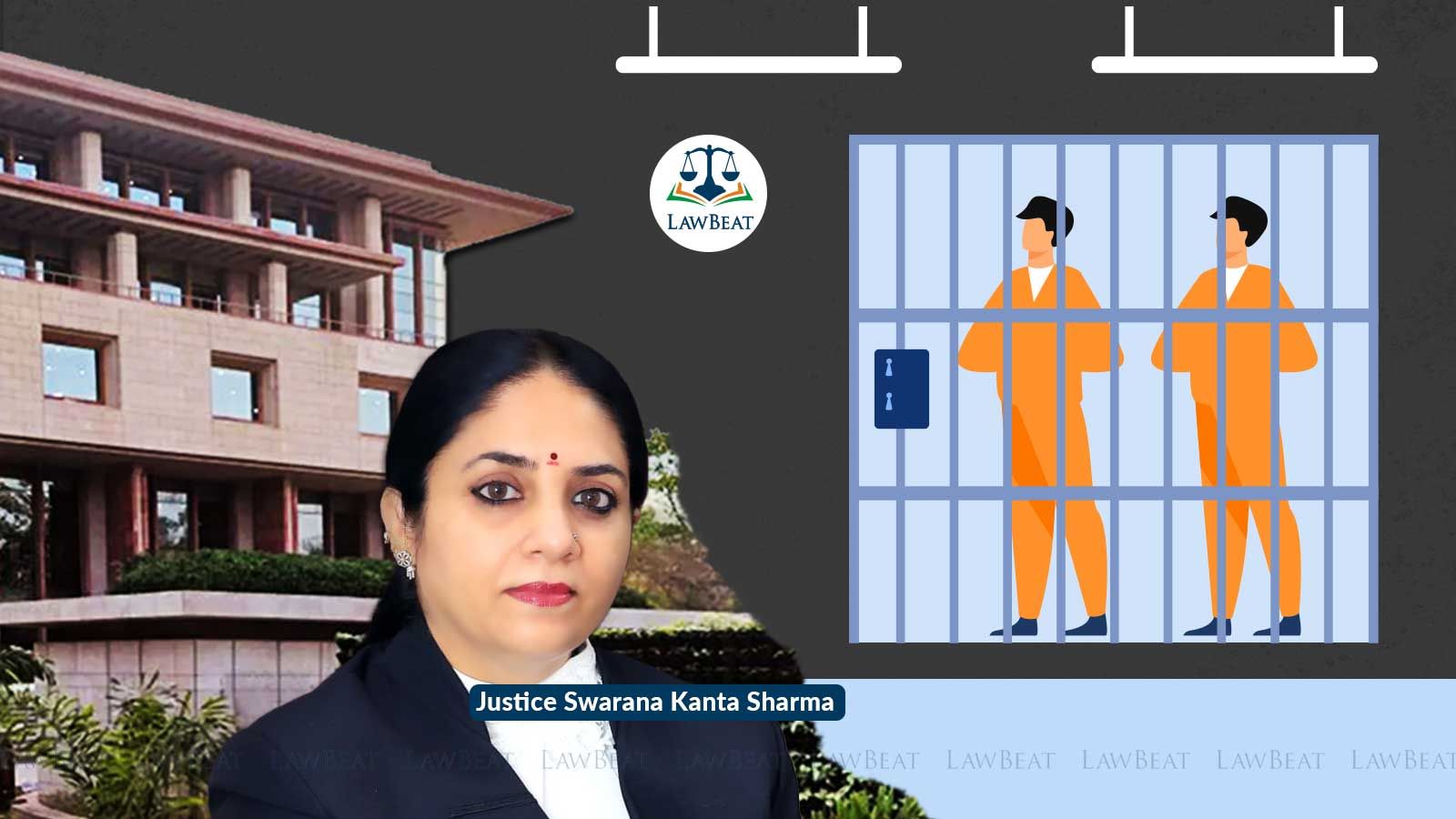“Prisoner’s right to dignity, mental and emotional health should be protected to ensure social re-integration post release”: Delhi HC

Court said that the prison administration should be sensitised about issues of the mental and emotional health of inmates and also asked Delhi State Legal Services Authority (DSLSA) to regularly hold workshops for mental health therapies for the convicts
The Delhi High Court earlier this week observed that a prisoner's right to dignity as well as mental and emotional health should be protected to enhance the chances of social re-integration post release.
“While imprisonment restricts right to liberty, it does not restrict other human rights of the convict. It is crucial to ensure that the right of prisoners to dignity and their mental and emotional health is protected so that chances of their social re-integration after their release from the prison are increased”, said Justice Swarana Kanta Sharma.
The court directed all jails in Delhi to depute a counsellor or psychiatrist for the benefit of inmates throughout the year.
Justice Sharma said that the prison administration should be sensitised about issues of mental and emotional health of inmates, and asked the Delhi State Legal Services Authority to regularly hold workshops for mental health therapies for the convicts.
Long incarceration would deprive a convict of "positive emotions" and "satisfaction with life", the Judge said. “Fear, anxiety, frustration and anger may drive such convicts to behave differently as they may consider it as a setback and may not be able to cope with it due to long incarceration”, she added.
The single-judge bench said that an inmate may feel lonely, unloved, unwanted and useless due to long incarceration. She suggested that the Superintendent Jail, warden and other officials can play a crucial role in identifying such prisoners/convicts and take steps to achieve the bigger goal of protecting the mental integrity and soundness of mind of the convicts in prison, especially those who are incarcerated since long.
Though the controlling, structured, disciplined routine of a prisoner’s life is to ensure rehabilitation, the court opined, “The prison administration needs social policy rather than a purely penal policy and there is emergent need to recognize that only social policy will achieve great changes in convicts”.
The judge said it will require a commitment to reformative philosophy, the implementation of the suggestions and directions to change for betterment, the current sentencing environment will go a long way in achieving the goal of “treating the convicts in prisons with dignity” and “emphasizing on bringing about actual and permanent changes in them”.
On the aspect to “Sensitise prison staff”, Justice Sharma said that the prison administration should be sensitised about issues of the “mental and emotional health of inmates”, and asked the Delhi State Legal Services Authority (DSLSA) to regularly hold workshops for mental health therapies for the convicts.
The court also issued guidelines to be followed by the prison authorities for ensuring mental and emotional health of prisoners.
The court made all the observations while dealing with a plea by an inmate, Sartaj@ Allaharakha, who had challenged the government’s refusal to grant him parole. He was punished 13 times in 10 years of incarceration and was involved in 10 criminal cases.
The court noted that as the convict wasn’t permitted to be released on parole, he was not able to maintain social ties. “In such cases, therefore, the rules under Chapter XXXV of the Delhi Prison Rules, 2018 are of no help as they deal only with mental illness, and not mental and emotional health which is not equivalent or synonymous with mental illness”, the court said.
“…It is time to ensure that a convict who leaves the correction home/prison is restored to the society as a law abiding citizen who has repented his past conduct. This can be achieved only if the mental health issues of the convicts in prisons are recognized and attended to, rejecting the notion that this view is too idealistic”, the court observed.
Case Title: Sartaj@ Allaharakha v. State of NCT of Delhi
